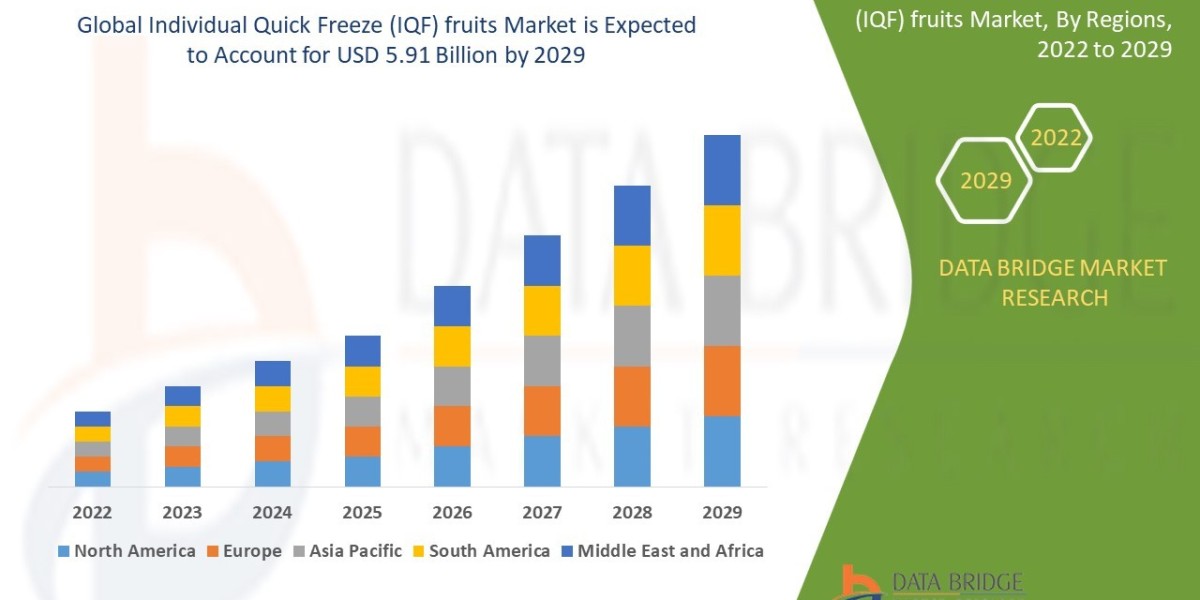Pay-per-click (PPC) advertising is a powerful way to promote your business online. It allows you to reach specific audiences based on their search terms, demographics, and other factors.
You can optimize your ads and costs by focusing on key metrics, such as clicks (CTR) and cost per click (CPC). To do so, you must stay up to date on industry trends.
1. Use ad extensions
PPC advertising offers many options to help businesses reach their target audience online. It can be a cost-effective way to generate leads and conversions. However, it’s important to keep in mind that the success of any campaign depends on the quality and effectiveness of the ads. In addition, the cost of keywords can fluctuate depending on their popularity and industry.
To make the most of your budget, work with a PPC partner that understands how to use ad extensions to increase your ad’s real estate on search engine result pages. Ad extensions such as callouts, site links, structured snippets, and more can give your customers valuable information about your business, products, or services, and boost ad click-through rates.
A good PPC partner will implement these features on a campaign-by-campaign or ad group-by-ad-group basis. This allows them to focus on the goals of each campaign without wasting time reorganizing campaigns or losing data.
A PPC partner will also optimize your ad by using negative keywords to minimize the number of irrelevant clicks and maximize the potential for conversions. Negative keywords can be a great tool for controlling the costs of your campaign by reducing the amount of money spent on ads that don’t perform well. A good PPC partner will utilize these tools on a regular basis to ensure that your campaign is running at its highest possible level of efficiency.
2. Optimize your ad copy
The best way to increase the return on your ad budget is to optimize your ads. This means focusing on both the headline and the description, as well as the landing page you direct visitors to. It can be tricky to find the right balance, but a little tweaking can help your ad perform better.
It’s important to remember that PPC ads aren’t just about clicks, but about converting those clicks into leads or sales. So, in order to maximize your ad spend, you’ll want to focus on lowering the input (cost per click) while also increasing the output (leads or sales).
One of the ways you can do this is by creating separate campaigns for different keywords and geographic areas. This allows you to make sure your ads are showing to the most qualified audience. It’s also a good idea to add negative keywords to your campaign, as this can help you avoid paying for unnecessary clicks.
In addition, you can use ad extensions to show more information about your business and help users quickly decide whether or not to click. This is a great way to set yourself apart from competitors and get more qualified clicks. As a bonus, you can also use ad extensions to help your ads stand out in search results. This can be especially helpful during the holidays when everyone is trying to sell something.
3. Avoid overly broad keyword matches
The goal of PPC services is to get your ads in front of the right searchers. This requires limiting your ads’ exposure to the keywords and search terms that are most relevant to your product or service.
A good way to avoid this is to use negative keywords, which will tell search engines not to display your ads against specific search queries. For example, if you’re advertising plumbing products, using negative keywords like “DIY” or “fix it yourself” can ensure that people who are looking for DIY solutions don’t see your ad.
Broad match is Google’s default option, and it will trigger your ad when a buyer searches for the keyword in any order, along with related searches and close variants. For example, if you have a keyword like “network software,” your ad might be displayed when someone searches for things like “computer network” or “computer hardware.” This is great if you’re trying to build brand awareness but can’t afford to pay for every click from an ideal customer. It can also increase your reach, especially when combined with other match types, such as phrase and exact match. The only drawback is that you’ll likely spend more on unqualified clicks. But this is usually offset by the higher returns of Exact and Phrase match.
4. Focus on ad placement
Creating a PPC campaign requires careful planning and ongoing optimization to improve your ROI. It’s critical to understand what keywords are working and which ones aren’t, so you can adjust your bids accordingly. It’s also important to use tracking tools to measure your return on ad spend and conversion rates. These metrics help your digital marketing team advocate for a higher budget by showing that you are getting a return on your investment.
PPC ad placement is also key for targeting prospective customers and retargeting existing ones. For example, if you run an ad with a discount or free shipping offer, this can encourage people to visit your website and convert. Ad extensions are another way to boost your ad’s relevance and size, helping you reach potential customers and increase CTR.
You should always be able to measure how well your Pay Per Click packages is performing. This means using tracking tools to measure conversion rates and return on ad spend, and utilizing ad extensions and long-tail keywords to boost your Quality Score. You should also regularly review your keywords and pause those that aren’t producing results to avoid overspending your budget.
5. Stay up to date
If you’re not constantly monitoring your campaign, it’s easy to miss out on opportunities for improving its performance. To maximize your ROI, it’s essential to track metrics like clicks, conversions, and average cost per conversion on a weekly and monthly basis. Ideally, this should be done in conjunction with competitor analysis, so you’re always able to keep one step ahead of the competition and find new ways to improve your campaign’s performance.
The best way to do this is by using a PPC management tool like SEMRush, which provides a full suite of features for managing your keywords and creating negative keyword lists. This will help you avoid spending money on irrelevant search queries, which can significantly reduce the overall efficiency of your PPC campaigns.
PPC can be a complex and time-consuming digital marketing strategy, but it’s also highly effective when used correctly. By following these simple strategies, you can get the most out of your ad budget and achieve significant sales and conversions for your business. Just make sure to stay up to date with the latest paid search trends and techniques by reading a few of the leading PPC blogs on the web. With a little bit of time, you’ll be a PPC pro in no time.








